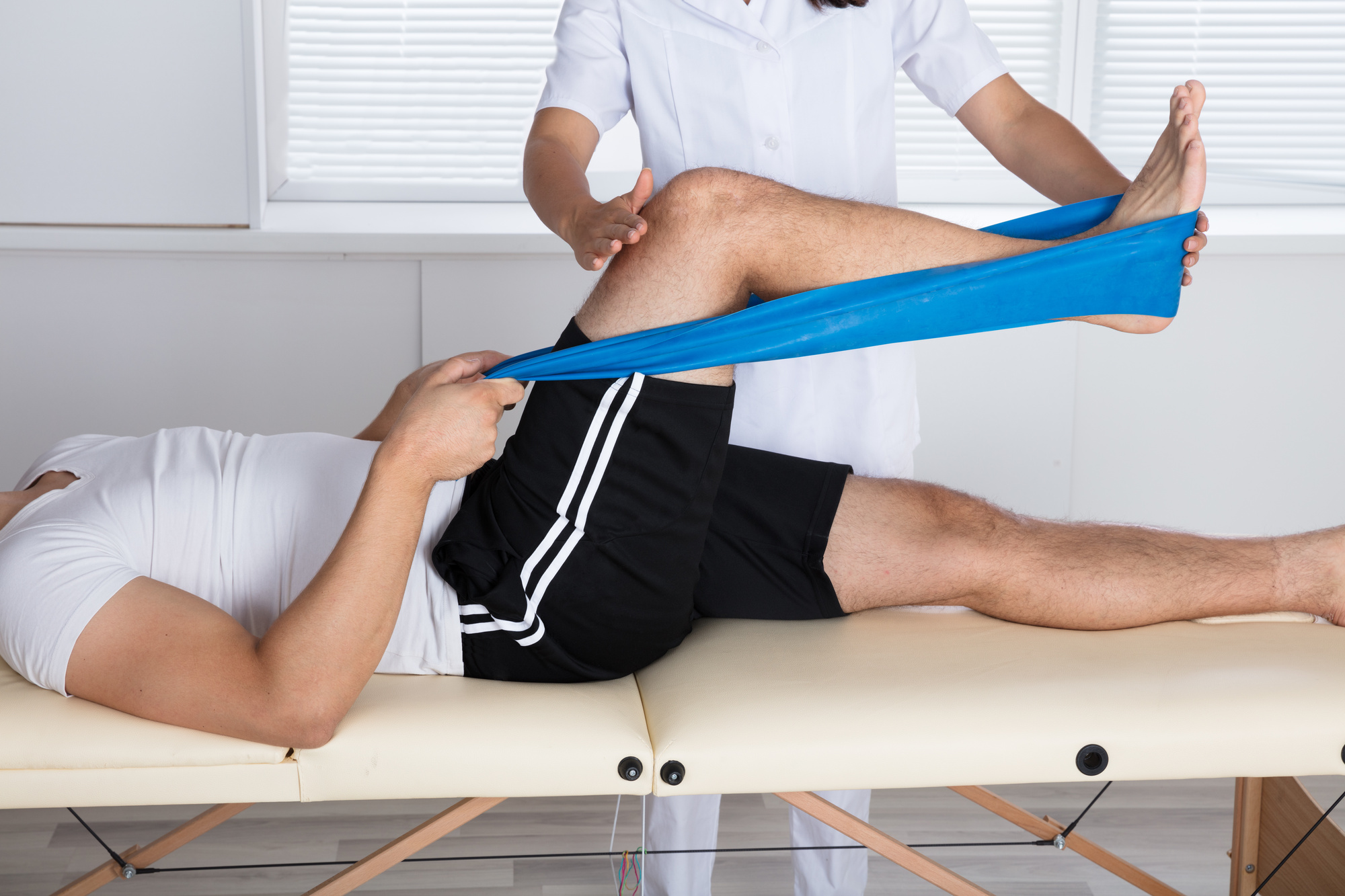Balance and steadiness are essential components of physical fitness and overall health. They play a vital part in everyday tasks, athletic capability, and injury prevention. When an person has strong balance and stability, they are less likely to fall or incur damages during physical activities. One effective way to assess these attributes is through Practical Motion Assessment (FMS). FMS is a method used to evaluate movement patterns and recognize imbalances or weaknesses that could lead to injuries.
Functional Movement Screening includes a sequence of particular tests that assess how effectively a person functions. The tests concentrate on basic actions such as squat, lunging, and bending. By observing these actions, coaches and medical experts can identify areas where an person may have difficulty. For example, if someone has trouble keeping balance while performing a squat, it may indicate a need for targeted exercises to improve strength and control. This assessment not only detects deficiencies but also helps to monitor advancement over a period.

In addition to identifying areas for enhancement, FMS plays a vital role in preventing injuries. Many injuries occur as a result of poor movement mechanics, which can be detected through functional assessments. By addressing these issues early on, individuals can reduce their risk of injury during athletic or other bodily exercises. For example, a runner who demonstrates an imbalance in their stride may be increasingly susceptible to knee injuries. By correcting these discrepancies through targeted exercise programs, the likelihood of injury can be significantly decreased.
Additionally, improving capability is another benefit of conducting a comprehensive evaluation of balance and steadiness. Sportspeople and engaged individuals often aim to enhance their performance in particular sports or tasks. A thorough understanding of their motion styles allows coaches to create personalized training regimens that focus on particular deficiencies. By improving balance and stability, sportspeople can enhance their overall capability, whether it’s running faster, jumping taller, or performing exact movements in their sport.
In summary, the significance of evaluating equilibrium and steadiness through Functional Movement Assessment cannot be exaggerated. This thorough assessment serves as a foundation for enhancing bodily fitness, preventing injuries, and improving athletic performance. By recognizing areas of sports injury therapy weakness and putting into action specific exercise strategies, individuals can attain better vestibular therapy results in their physical activities. Focusing on equilibrium and stability not only leads to better capability but also adds to a healthier, more energetic way of life.